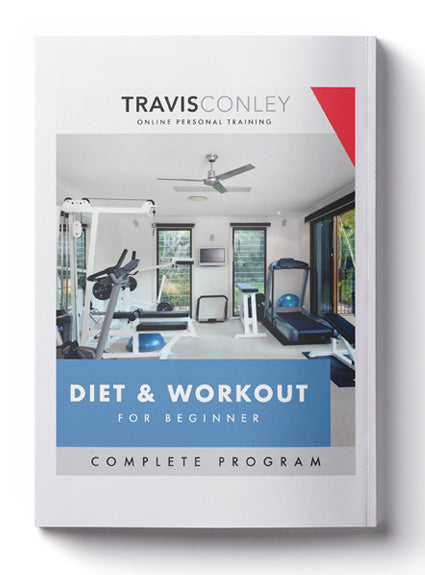

The D word; Diet. That's right, I said it. The mention of the word makes most Americans cringe just by hearing it. It has a negative connotation in our society, no doubt. In fact, when I talk with clients or people about nutrition I steer clear of the word, knowing that the infamous D word will only activate abort and defense mechanisms in the brain. Visions of super low calorie restriction, assessing a point value for foods, drinking only liquids, eating tiny frozen meals delivered to your door, or forking out a couple dozen Benjamins to have somebody tell you to only eat a fistful of pills for your meals are all what comes to mind with the mention of the D word.
Believe it or not, our ever so inspiring society of capitalism and the American Dream (no, not Dusty Rhodes) has turned the word “diet” into a fearful monster. Companies and people creating shallow systems for weight-loss that fulfill that objective, but in the process leave the consumer uneducated and dependent on that system, and therefore failing inevitably once they stop. Just turn on the T.V. and you'll see a plethora of infomercials that have”the answer” or “the key” to your “perfect body” with their patented system all in an effort to make a buck. To tell you the truth, it works and people buy into it. But it does nothing for the consumer other than leave them worse off than before, more out of shape, depressed and hopeless in the end.
The word diet dates all the way back to the late 10th century with several different origins noted. According to Webster the first definition of diet is: “food and drink considered in its terms of qualities, composition, and its effects on health.” This is the original definition of diet, the one we used until more definitions had to be added. Diet is what you eat day in and day out. Definitions two and three read as this: a particular selection of food, esp. as designed or prescribed to improve a person's physical condition or to prevent or treat a disease. ex: a diet low in sugar. such a selection or limitation on the amount a person eats for reducing weight. ex: No pie for me, I'm on a diet.
Sure enough, almost every time I am out at a restaurant or with people eating and I order my food to be cooked without butter, or I opt for the steamed veggies instead of the french fries I get a surprised look and a following, “Oh yeah, you are on a diet” or “that's right, you don't eat’normal’ food.” Normal food? Really? Only in this country can one eat great tasting, fresh, sensible, non-packaged, non-processed real food and be chastised for it. Why? Because it is different and somehow insulting to those who don't choose to eat more healthily. Because as they pummel cheeseburgers and fries to their faces with their fat little sausage fingers they expect you to do the same, but instead they are offended by your personal choice. You see, our society has somehow reversed all logical thinking into if you eat fast food, pop, and junk, that’s normal, while eating actual food is not normal?! Crazy, I know.
The fact is, with all of our ingenuity and creativeness it has brought us to this point. Simply put, would a show like The Biggest Loser (excellent show) exist sixty years ago? Would Jenny Craig or Weight Watchers? The answer is no. We need to take a look back at how we got to this point and educate ourselves. Somehow in that span of time we had to create not one, but two new definitions for the word diet. Diet already had a perfectly good, working definition, but now that one is seemingly lost. So ask, are you on a diet? That's the wrong question, the real question is, “What does your diet consist of?” I challenge you to not be afraid of the word diet!
Comments (1 Response)
Leave a comment (all fields required)
Comments will be approved before showing up.



16 March, 2021
ewoynzivrw
Muchas gracias. ?Como puedo iniciar sesion?